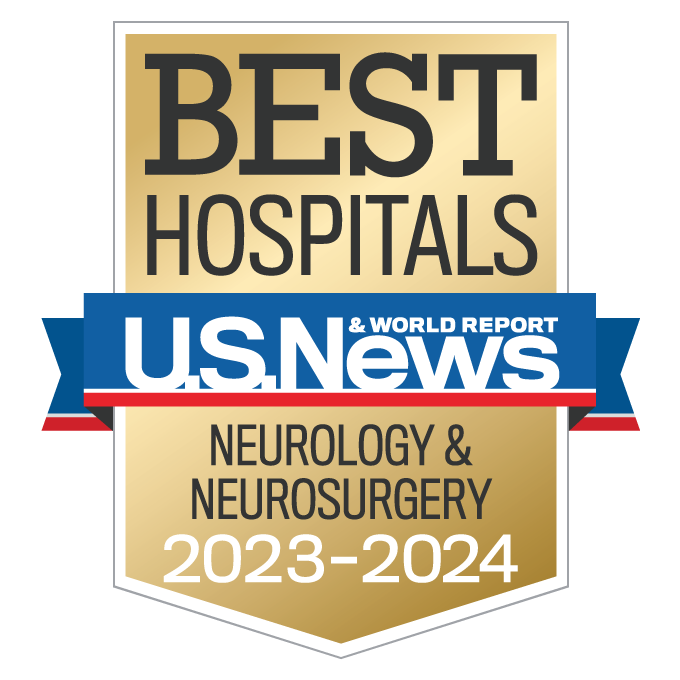Surgery for Epilepsy
If you've tried two or more medications without success to control your seizures, turn to one of our epilepsy specialists for epilepsy. Surgery may help you eliminate seizures.
The Epilepsy Center at UC San Diego Health uses the most sophisticated diagnostics, medical therapies and surgical techniques available today.
Recent advancements in diagnostic technology have had a major impact on the success of surgical treatments for epilepsy. We weigh the decision to operate through a shared process of decision-making by our epilepsy experts, your referring physician, and you and your family.
Surgery is tailored to the individual, depending on the type and location of the seizure. During surgery, sophisticated technology is used to minimize the neurologic impact on functioning and language.
Who May Benefit From Surgery?
Patients are referred to the Epilepsy Center at UC San Diego Health for surgical evaluation for a variety of reasons, including:
- Unsatisfactory seizure control
- Unacceptable side effects from anti-epileptic drugs
- Psychosocial problems related to poor seizure control
- Focal brain lesions (abnormal areas in the brain)
- Self-injuries from uncontrolled drop attacks
The greatest surgical successes have been achieved in patients with partial seizures and a single focus in the brain due to trauma, scarring or tumor. Some types of generalized seizure disorders are also responsive to surgical intervention.
Pre-surgical Evaluation
Video-EEG is a critical step in determining if surgery can be an effective treatment. At the Epilepsy Monitoring Unit we utilize video-EEG to:
- Be sure that the seizures are not non-epileptic events
- Determine the type and location of the seizures
- Determine the effectiveness of medical therapy
- Determine the number or frequency of seizures
In a small number of patients, we may need to do more specialized and focused video-EEG testing with stereo-EEG or depth electrode or grid electrode studies.
Patients with seizures that begin from a single "hot spot" or seizure focus may benefit from surgical treatment to remove the "hot spot," if this can be done without injury to other parts of the brain.
Doctors at the Epilepsy Center perform intense evaluations to determine whether epilepsy surgery may help control seizures that cannot be controlled by medicine alone.
As part of the pre-surgical evaluation, high-resolution imaging of the brain is performed. This includes MRI with special techniques to increase visibility and the chances of detecting abnormalities.
In some cases, magnetoencephalography (MEG) can help combine information from brain waves with images of the brain to help doctors locate the areas of abnormalities (the seizure focus). We are one of only 50 sites in the country to offer MEG.
During the evaluation, the patient is given a series of psychological tests to localize their language function and assess memory capabilities.
Wada Test
A WADA test is done to assess the functional lateralization of language and memory, and is performed by neuroradiologists. The technique is similar to that of carotid angiography and requires selective catheterization of each carotid artery via a femoral approach.
A short-acting barbiturate is injected on each side of the brain, and the function of the other hemisphere is assessed with a battery of language and memory tests. The purpose of these tests is to ensure that surgery will not result in language or memory deficits.
Surgical Procedures
Surgical procedures we use to treat epilepsy.Outcomes
Published data suggests that about 70 percent of patients are seizure-free after surgery and an additional 20 percent experience a major reduction in their seizures, allowing them to live a significantly improved lifestyle. Most patients require continued medical therapy, but usually at a lower dose.
Corpus callosal section is successful for treating drop attacks, although patients may continue experiencing other seizure types.
